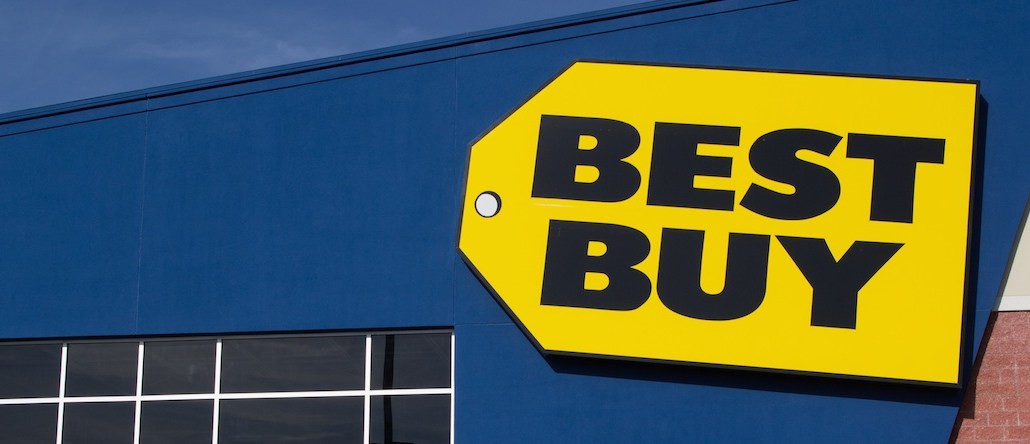Secure your place at the Digiday Publishing Summit in Vail, March 23-25

In April, Best Buy joined the growing list of companies that said it would be moving away from an agency-of-record model to a project-based system with plenty of its work done in-house. It’s part of what agency execs say is an ongoing trend popularized by tech giants like Apple and Google.
Spokesman Jeff Haydock told Digiday, “This is part of broader changes to our marketing strategy, and it is consistent with moves we have made in other areas of the business. Some marketing work will be consolidated, and other pieces will be brought in-house. We will continue to have agency support, but it will be focused on specific projects.”
But while plenty of brands — PetSmart and Land Rover just in the last couple of months, for example — have moved to in-house agencies in favor of outsourcing creative needs, Best Buy is a particularly interesting case because it has been down this road before: Until about eight years ago, the company relied on an in-house creative team for its marketing needs.
“[The in-house agency] was a function of two things: Best Buy’s needs and costs,” said Jeff Severts, who helped lead Best Buy marketing from 2001 to 2011. “Best Buy is a retailer, and retail has faster rhythms. They have more of a need for flexibility.”
The in-house agency was also, of course, driven by costs. Best Buy founder Richard Schulze, say former and current execs, did not want to pay an agency big bucks to do what a brand could be done in-house. The former in-house shop at Best Buy did doing it all: easier direct work but also producing commercials.
In 2001, Best Buy, with a new CMO, Barry Judge, decided it would start to change this model. Thanks to a dip in consumer spending, the stock dropped 72 percent from its high the previous year. “They were going from an era of relentless growth to an era where growth was a challenge,” said Severts.
So, in response, it first hired a media agency, Starcom. Then, it hired La Comunidad to handle Hispanic. It hired BBDO, then, a year later, moved its account to CP+B. By 2009, the shop was solidified as the lead creative agency.
The reason, according to Severts, was an underlying belief that they weren’t getting the best possible work. “It was sort of an emerging belief from them that the world of talent was out there and agencies had the access to it.
Today, growth is once again a bit slow. While in 2001, the threat was consumer-spending habits, today it’s the advent of Amazon: Efficiencies have been attained in the last three years, but the company hasn’t been able to make as much progress with e-commerce as they would have liked.
There’s also a new CMO again: Greg Ravelle, who joined the company last year from AutoNation.
Jon Balck, president at Victors & Spoils, who used to work on Best Buy at CP+B, said he thinks it’s a trend that he thinks will accelerate. “Maybe the next great creative doesn’t work at an agency, he just works inside a company.”
While it’s unclear what the brand’s in-house creative arm will look like today, those familiar with the operation said Best Buy’s previous in-house agency was a strong one, staffed by former Target employees and agency hires from Minneapolis-based shops like Fallon. It also did quite a bit of its media buying in-house, said Severts, who said the company had a media department of about six people.
“What may be happening with the reversal is that some companies can look at this and say now there is even more accessible marketplace for more ideas and great creative,” said Severts.
More in Marketing

Pitch deck: How ChatGPT ads are being sold to Criteo advertisers
OpenAI has the ad inventory. Criteo has relationships with advertisers. Here’s how they’re using them.

Yahoo pauses IAB membership amid a series of quiet cost-saving measures
Yahoo pulls IAB board memberships, following job cuts as PE-owner reportedly reconsiders ad tech investments.

Target looks to e-commerce, advertising investments to help grow the business
Technology is one of the most important areas in which Target will invest with the hopes of returning to profit growth.





